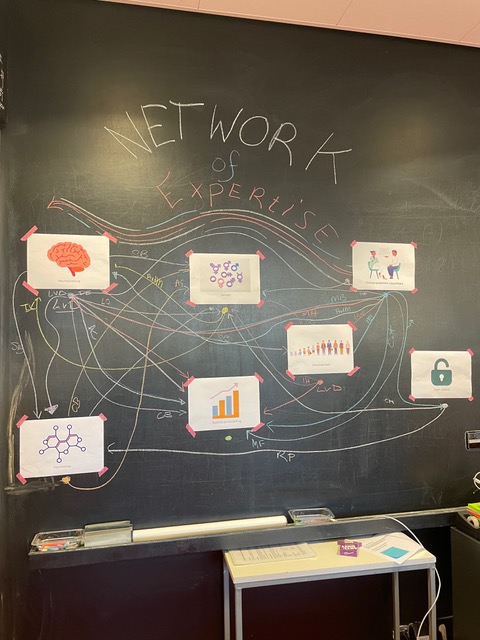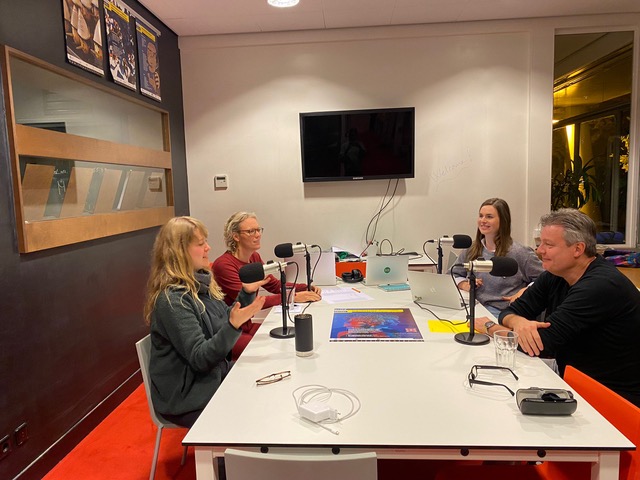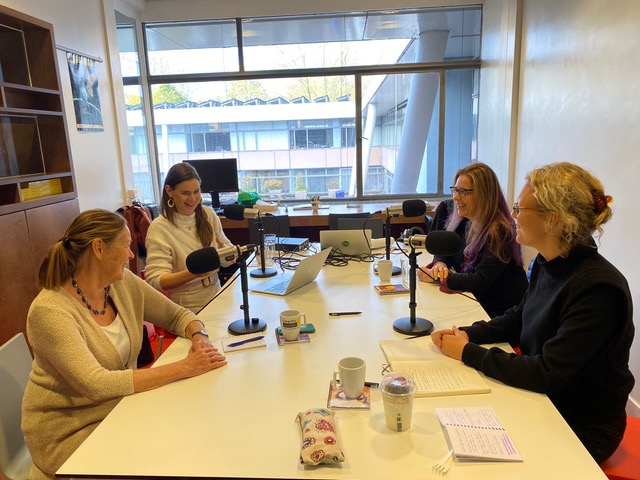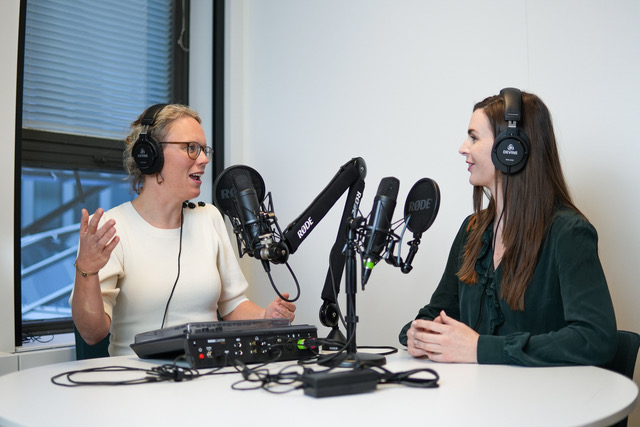
Rethinking sex in neuroscience of mental health
Even though it is generally known that Autism and ADHD are more common in men, and depression or anxiety disorders are more common among women, it is still not well understood if, how and when sex differences impact neurodiversity and mental health. To better understand this complex issue, 25 international professionals gathered for a five-day Lorentz workshop. Lara Wierenga, who organized the workshop together with Marieke Bos, looks back on a successful week.
‘With this workshop, we wanted to bridge the gap between research and clinical practice on sex and gender effects in relation to mental health’, says Wierenga. ‘We know, for example, that women are more often diagnosed with depression than men, even though the suicidal prevalence in men is the highest. We do not know exactly what causes this discrepancy, but there shouldn't be lives at stake because of a lack of knowledge.’
Precision medicine
One of the stories from the workshop that really stuck with Wierenga was the story of one of the clinicians about our classification system, which highlighted the importance of sex/gender when it comes to precision medicine. She told us that she was treating a transgender girl who showed a number of symptoms that could be associated with an autism spectrum disorder (ASD). However, it depended on the scale on which she placed these symptoms, whether this transgender girl actually had an autism spectrum disorder. She met the characteristics for ASD in boys, but not the criteria for ASD in girls.
This example clearly shows that you must take biological sex and certainly also gender in its full facets (such as identity and social expectations), into account when tailoring treatment to an individual. Without this fundamental basis, there is no question of precision medicine.
The first steps
In order to realize precision medicine, it is first of all important that there is more knowledge about the male/female differences in mental health. In order to properly map out this complex issue, Wierenga and Bos opted for a non-traditional way of conducting science. She organized a five-day Lorentz workshop in which they engaged scientists, clinicians and policymakers from different disciplines in an attempt to approach this complex issue in a multidisciplinary way.
Even though biological sex is the most frequently studied group difference in brain and behavioral research, we still do not know how gender differences influence mental health and to what extent differences in, for example, brain anatomy, hormone balance and socio-cultural expectations play a role in this. 'The problem is that gender is often included in the research design, but is not further analysed,' says Wierenga. Until 2016, only 15% of the publications reported on male/female differences in their findings. "If you realize that 15% of the young adults have had a psychiatric diagnosis before the age of 18, it is surprising that we have not done more research into this."
Science communication
Wierenga says that every scientist who attended the workshop has had a bad experience with the media not translating their research properly to society. To ensure that this does not deter them from conducting research into gender differences, Wierenga, Bos, and their international colleagues worked on a paper that not only describes the knowledge they exchanged during the workshop, but also contains concrete tools and tips about the methods you can use to include gender differences in your research, even if this is not your main research question. All participants agreed that this open science movement can boost the research field, for example by sharing data analysis scripts, involving stakeholders in the research process, and translating the research results to society in an appropriate way.
The latter is very important. The knowledge that scientists communicate to society has an impact on the diagnoses that clinicians appoint, and the prevalence of diagnoses influences the population groups that scientists will investigate. It is hard to get rid of this circular reasoning. Therefore, it is very important that scientists not only send information but also talk to clinicians in the working field about the questions they encounter in practice and to which they would like answers.
Network, paper and podcast
According to Wierenga, every participant of the workshop experienced an 'aha' moment, in which puzzle pieces fell into place. The participants learned a lot from each other and everyone showed strong commitment. To follow up on this success, Wierenga and Bos will continue to facilitate this network. Despite the fact that everyone is scattered all over the world, they will continue to discuss the subject. In the new year, the paper that the various attendees (largely) wrote during the workshop will also appear. Furthermore, Wierenga and Bos are taking another step to promote science communication by publishing a podcast in which they talk to various participants of the workshops. With this podcast, they want to give the general public an insight into the results of the workshop.





